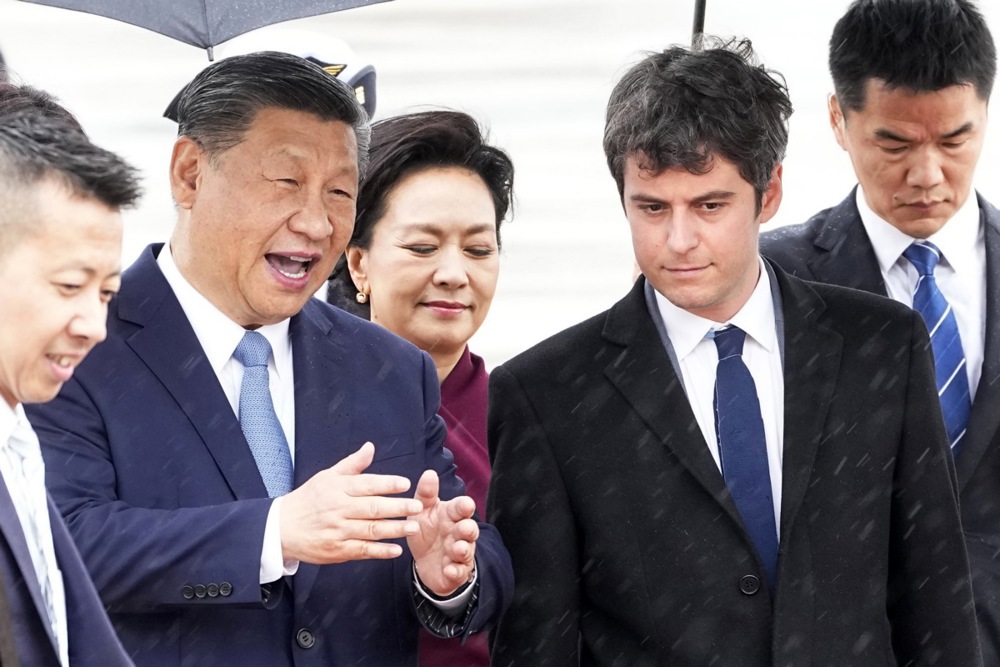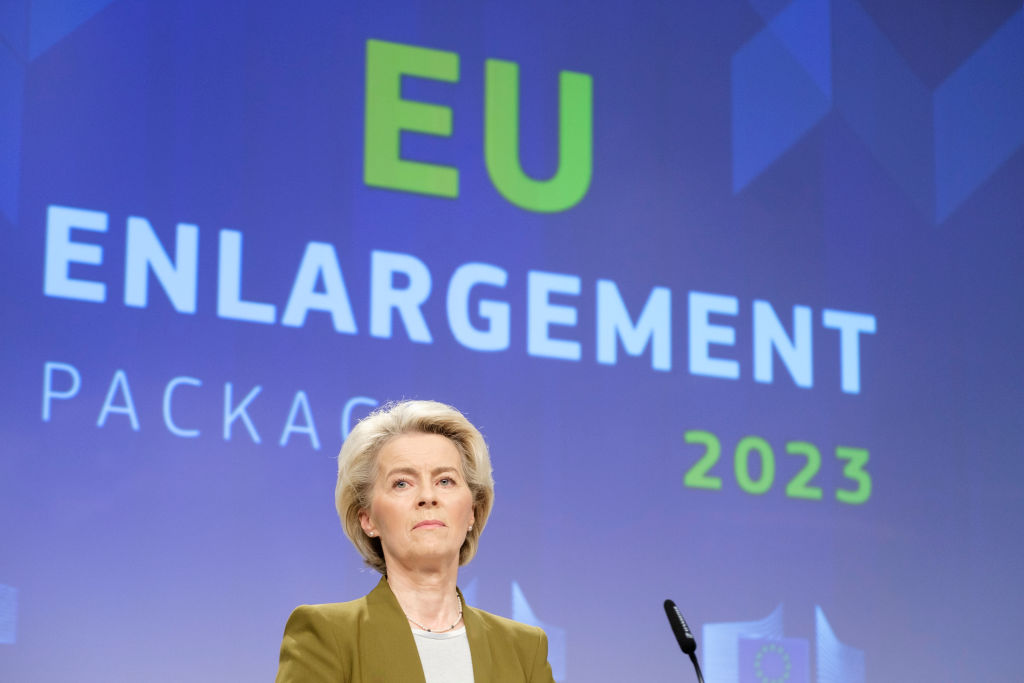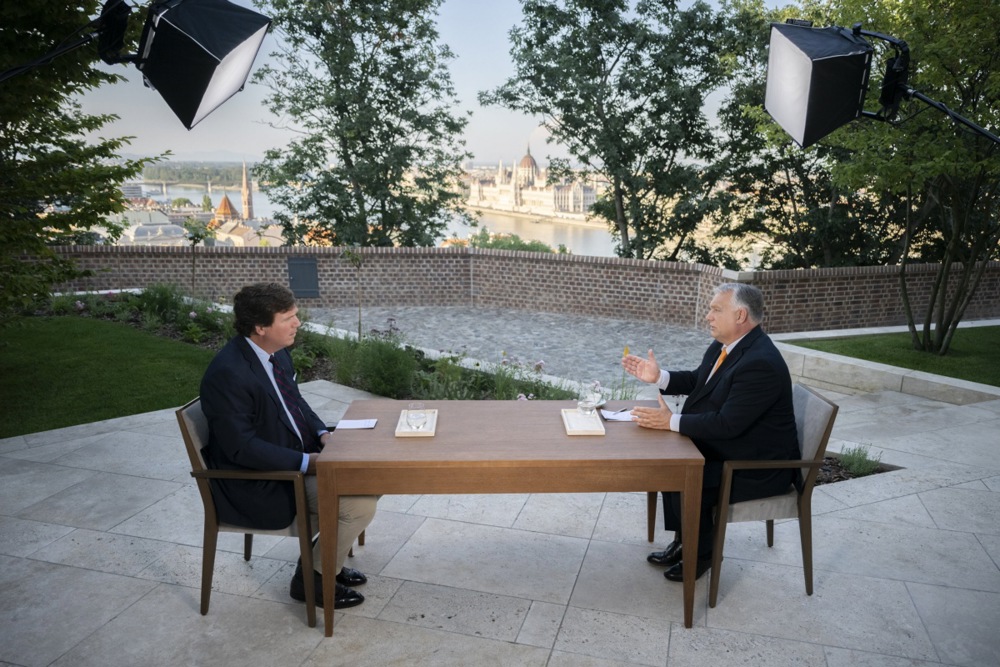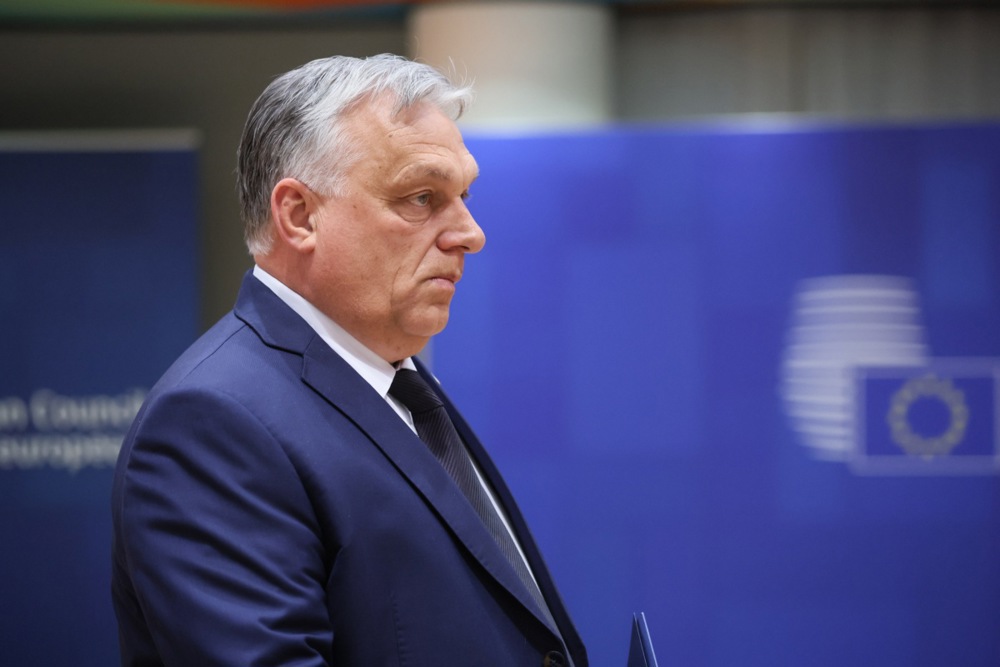Ahead of his meeting with Hungarian Prime Minister Viktor Orbán as part of his current European tour, Chinese President Xi Jinping praised Hungary for its “independent” foreign policy.
Xi’s comments before he was due to visit Orbán on the evening of May 8 could exacerbate division within the European Union. They appeared to be a reference to the PM’s public defiance of Brussels and Budapest’s warm relationship with Russia.
In late 2023, Hungary’s ruling party launched a campaign for the European Parliament elections in June depicting European Commission President Ursula Von der Leyen alongside Alex Soros, the son of liberal Hungarian-born financier George Soros and a perennial target of hostility from Orban’s Fidesz Party.
Hungary’s ruling party unveiled billboards vilifying European Commission President Ursula Von der Leyen on Monday. https://t.co/1JQnA68J2y
— Brussels Signal (@brusselssignal) November 20, 2023
Hungary has emerged as China’s closest friend in the EU and was among the first countries to recognise the People’s Republic of China in 1949.
Today, Hungarian and Chinese relations are tighter than ever with China becoming a major investor in the European country.
“More and more Hungarian companies are entering the Chinese market, more and more Hungarian companies trade with Chinese partners,” Hungarian foreign minister Péter Szijjártó said.
“Tourist traffic is increasing and our universities are receiving more and more students from each other,” he added.
He further welcomed Xi’s Paris announcement made on May 6 regarding extending visa-free entry for another year in China for Hungarian citizens.
“For us, this decision is a major relief,” Szijjártó commented.
In support of this partnership, he announced that the Hungarian consular service in China will now process business-visa requests for travel to Hungary within 48 hours, rather than the 15-day timeframe specified by the European Visa Code, as part of what he termed mutual respect and good co-operation.
Xi Jinping visits Europe at a time of internal divisionhttps://t.co/QhQybWtGJV
— Brussels Signal (@brusselssignal) May 6, 2024





